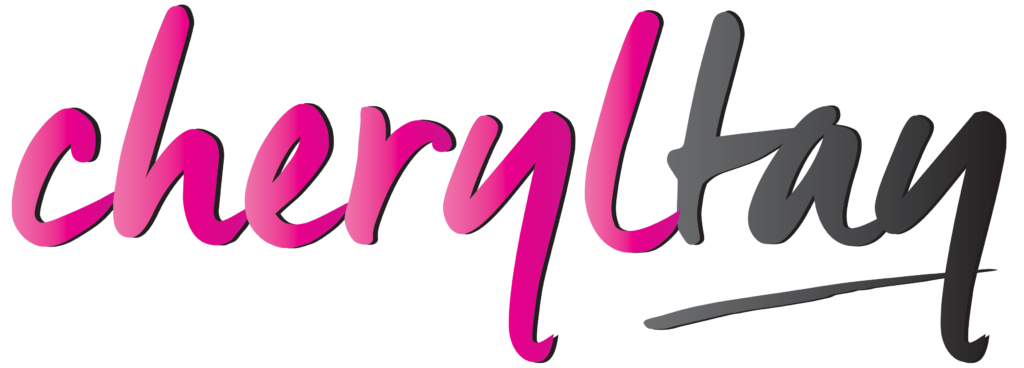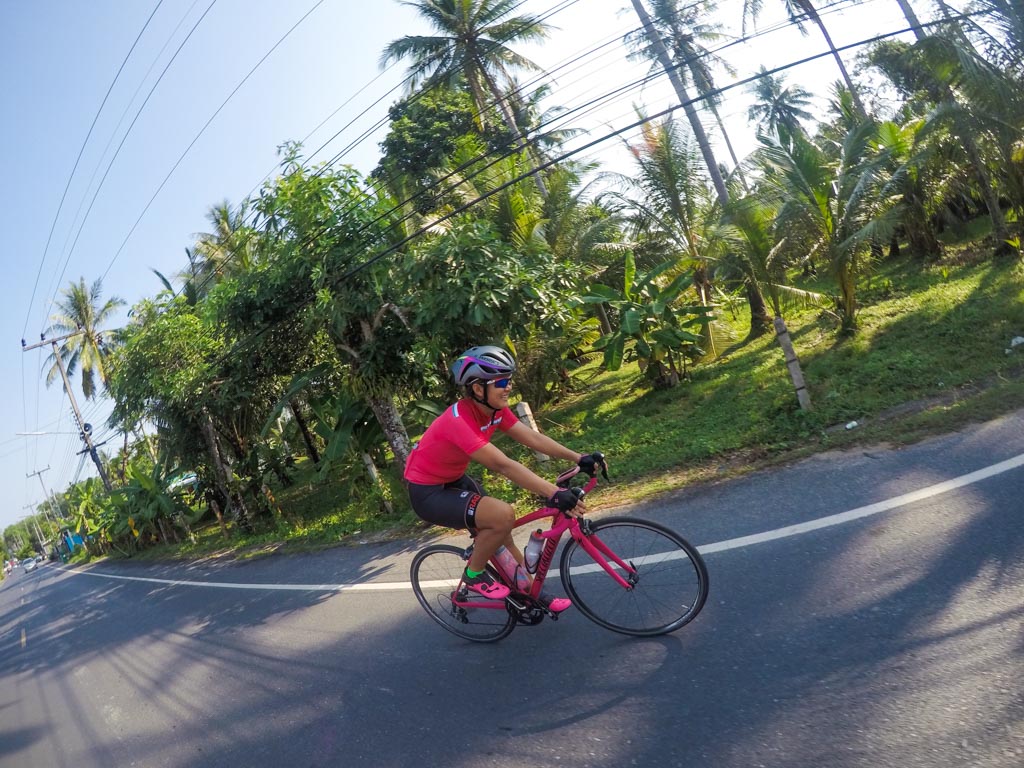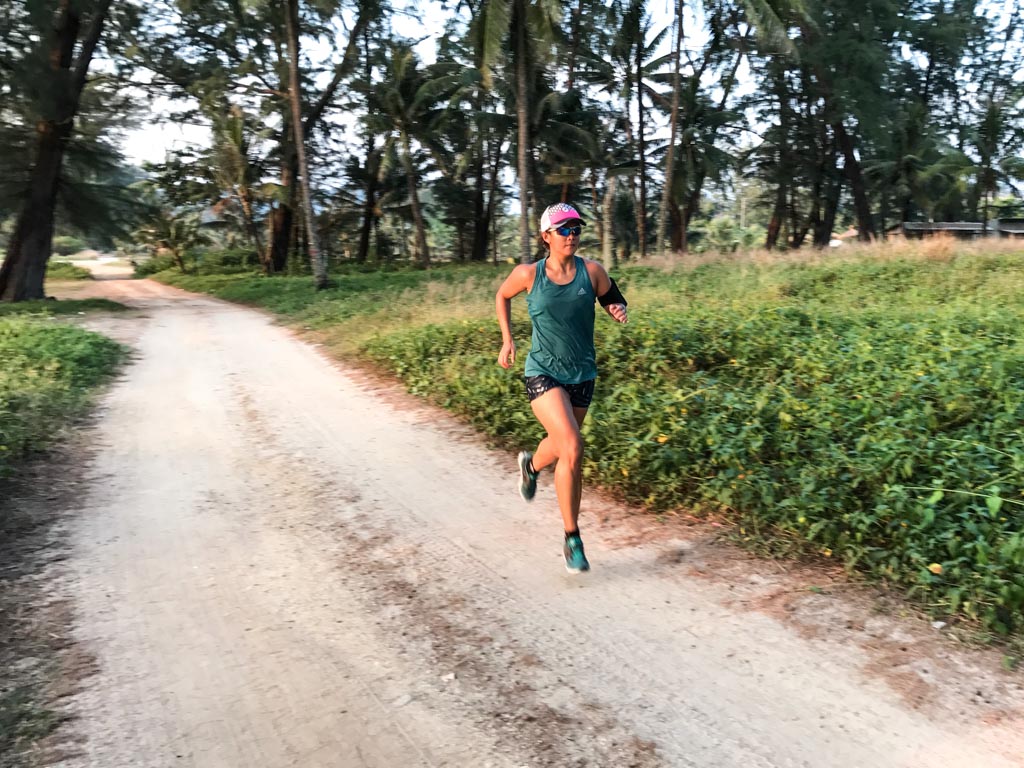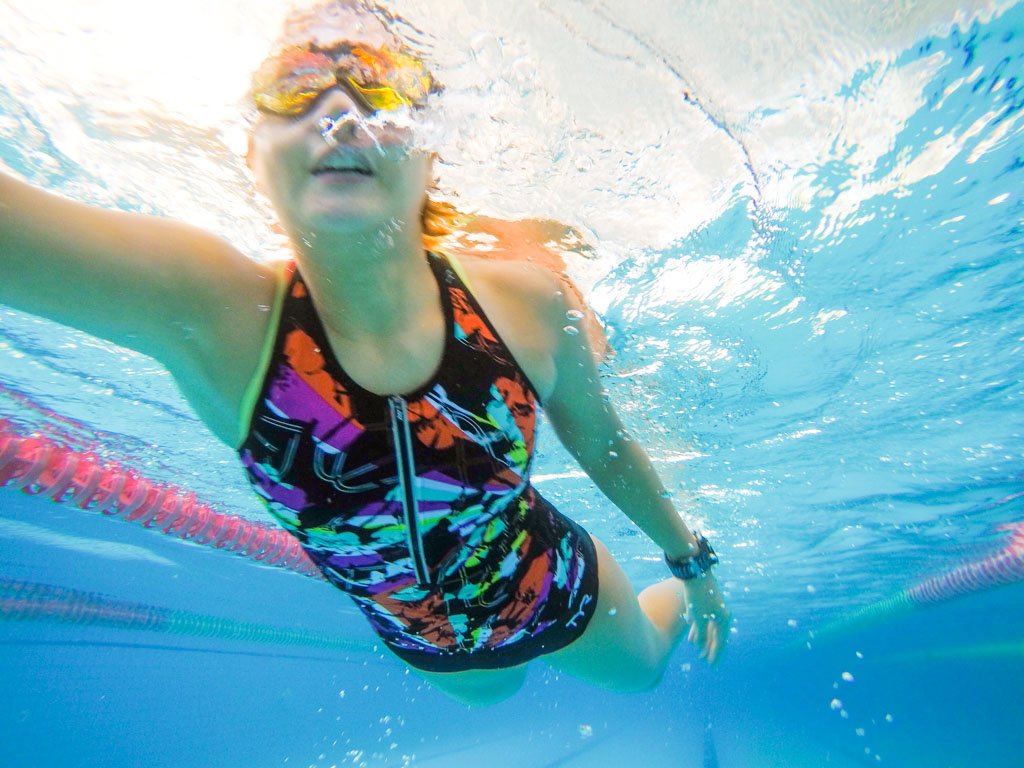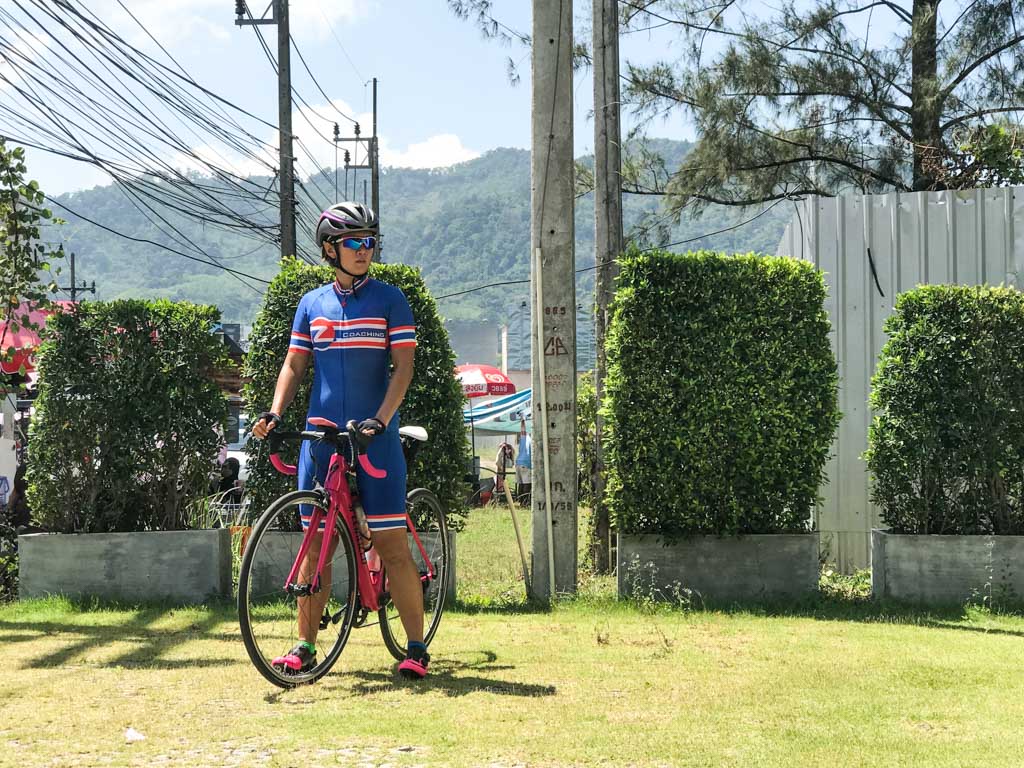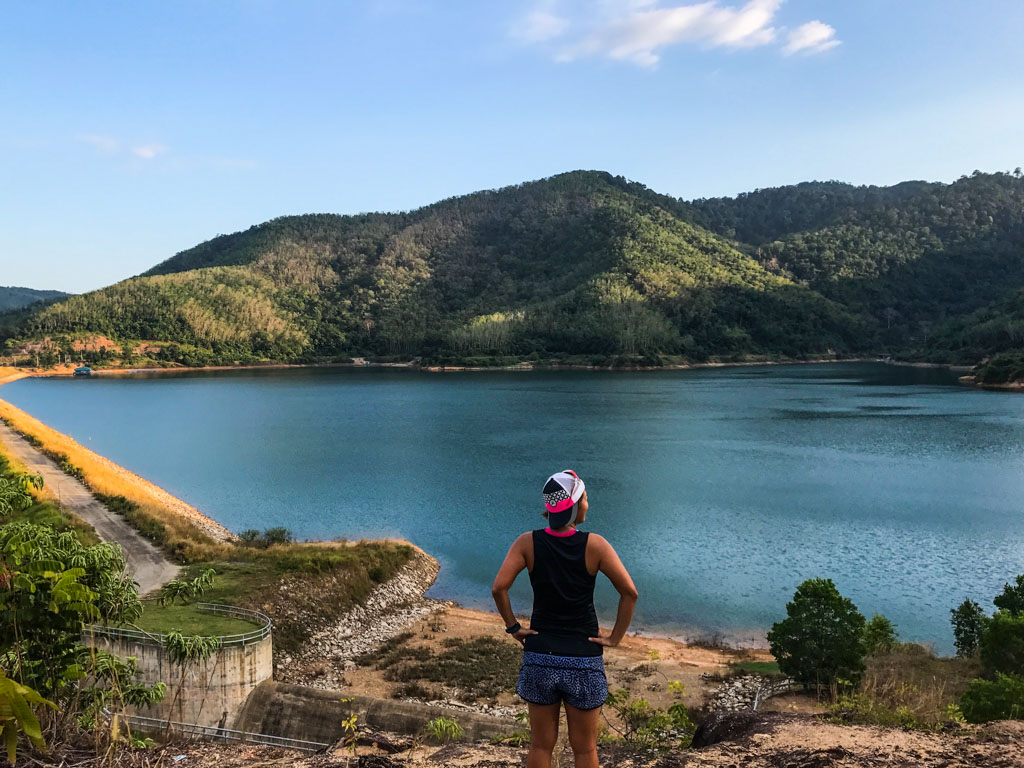There was a lot of hype (largely due to novelty) leading up to my first Ironman 70.3 race last November, because it was a bold leap of faith I took to help me out of the shithole I was in. It certainly changed my life forever.
I’m sitting in this cosy studio apartment in Phuket now as I write this, retiring for the night before tomorrow’s brick training. This time I’m here for a two-week training stint with Z-Coaching (founded by eight-time Ironman winner Jurgen Zack) and a lot of the memories from my first 70.3 came rushing back. Déjà vu.
A part of me still can’t believe I am doing what I’m doing now – who the heck would fly out to Phuket for two weeks just to train!? But I’ve grown to love this lifestyle and being out here, away from the stress of the city bustle, really helps. I focus better here, I don’t feel as tired and I eat better too (I haven’t eaten any Pad Thai!).
To be frank, a broken heart is a pretty damn good source of motivation. HAHAHAHAHAHA. At that point, all I wanted to do was just train, because it made me feel better. Getting all exhausted after putting in a hard workout helped me to feel accomplished and forget the negativity, briefly. Once the exercise endorphins settled though, the tears would come rushing back. I know time will heal (it really did), but I was wishing for time to fast forward so I could skip the pain. Of course that can’t happen and I had to live through the pain, but hey you will be a much stronger person so just bear with it. (TAHAN!)
It was tough getting out of bed to go and train initially; I just wanted to hide under my pillows all day and weep myself silly. Which I did. Making the decision to train for the Ironman 70.3 race was one of the best things I’ve done for myself, because it gave me a goal and something to focus on. I can’t really say the same about the physical pain you grit your teeth through during the race (running off the bike is really !@#@$%^$%%#$) though, LOL.
End of the day, everyone gets their heart broken one way or another, so I learnt to stop feeling sorry for myself and to instead, continue reaching to others who are struggling. Besides, some people are not worth so much energy from you!
So, now that the first race is in the bag, what’s next?
Immediately after the race, I was already planning my next races because I was really excited about this new lease of life. I have already signed up for Ironman 70.3 Danang (May), Ironman 70.3 Bintan (August) and will mostly likely be signing up for Ironman 70.3 Langkawi (November). Thoughts of attempting my first full Ironman are in place, but I want to enjoy the process and not rush into that until my foundation in 70.3 is stronger. I also changed my coach and am now under the cool Z-Coaching team.
Despite doing all of that, there are moments where I feel like a little lost. On days where work got stressful on top of suffering fatigue from training, I cannot help but question myself. “Why am I doing this? What am I going to get out of it? It’s just a hobby, why so serious? Is it worth spending so much money and effort on? You could be doing something else.”
This is where I decide if I wanted the Ironman 70.3 to be a bucket list item, or something I want to take a little more seriously. My choice has always been the latter, just that the occasional blobs of doubt creep in when I am tired.
How do I stay driven? Making it a lifestyle, setting an end goal, reminding yourself of why you started and learning to enjoy the process are all common points, but here’s how I do it:
1) Make up your mind and don’t waver.
Once you decide that this is something you want to do in the long term, then don’t question it. I know it’s inevitable on days when your cards are down and you feel like life is crap, but just make sure your angels fight back stronger than your demons always. As crappy as I’ve felt, I’ve never skipped training because I think it’s a waste of time / feel that I have better things to do. I take pride in my training.
2) Training has to be a priority.
I plan my life around training as much as I can and I have an advantage because my work schedule is freelance. It’s not easy for those with office hours or shift work, but if you make that commitment and sacrifice, you won’t be making that many excuses.
3) Surround yourself with inspirational people.
Like Ling Er. Freshly back from Ironman New Zealand where she impressively won her age group amid super tough race conditions, she has been a great source of motivation for me. Every time I grumble about getting up early or having to clock so much mileage, I think of how she’s waking up even earlier and clocking even more mileage.
4) Stop wanting to prove anything.
I admit I held an intention of wanting to prove to the ex that I could do an Ironman 70.3 triathlon too, so once I achieved that, I felt like I’ve completed my task. But no, this is actually only the beginning.
5) Don’t set a deadline.
How long will I do this for? I honestly don’t know and I don’t want to set a timeline. I know setting an end goal is important, but for me, I prefer to leave it open-ended. It depends on where life takes me to next, but this is something I would like to keep doing. Probably at some points I might have to cut back a bit, like if I get pregnant and have kids, but I want to do whatever I can while I’m younger.
6) Be grateful.
After interviewing athletes like Ling Er and Christy who have met serious accidents that nearly derailed their careers, I have learnt to be grateful that I have the opportunity to do triathlons. That I am healthy, happy and able to do the things I want to do.
We have a choice to do what we want to do with our lives. You don’t have to be as crazy as I am, but if you are looking to stay driven on your journey (regardless of whatever it is), I hope some of my points will help!
